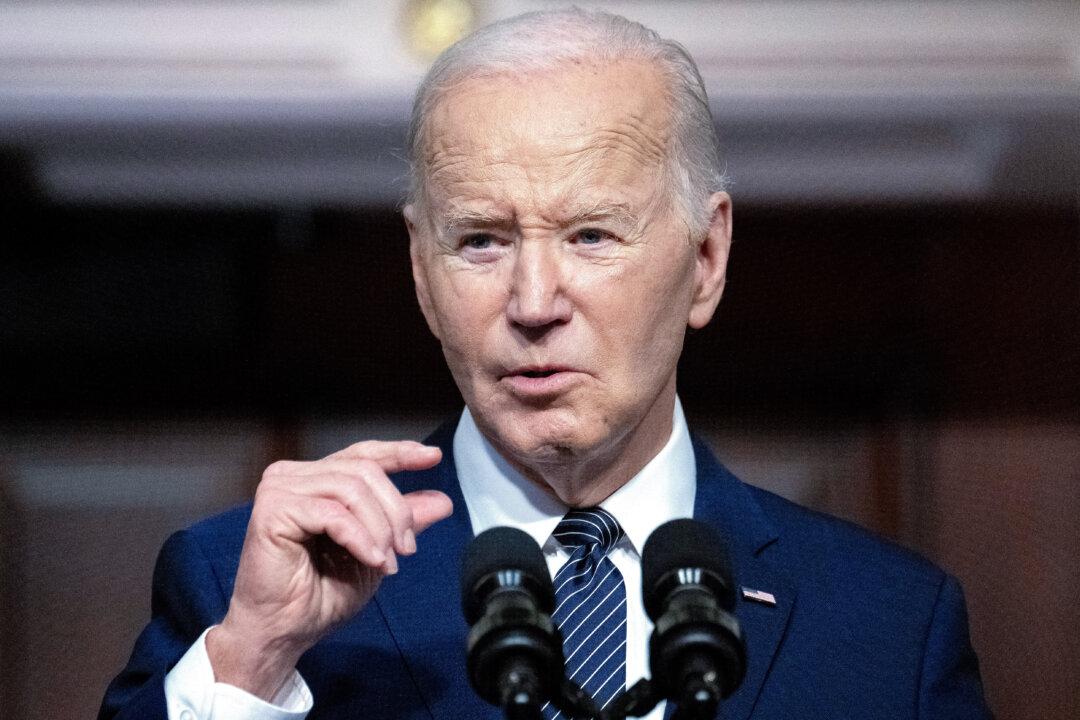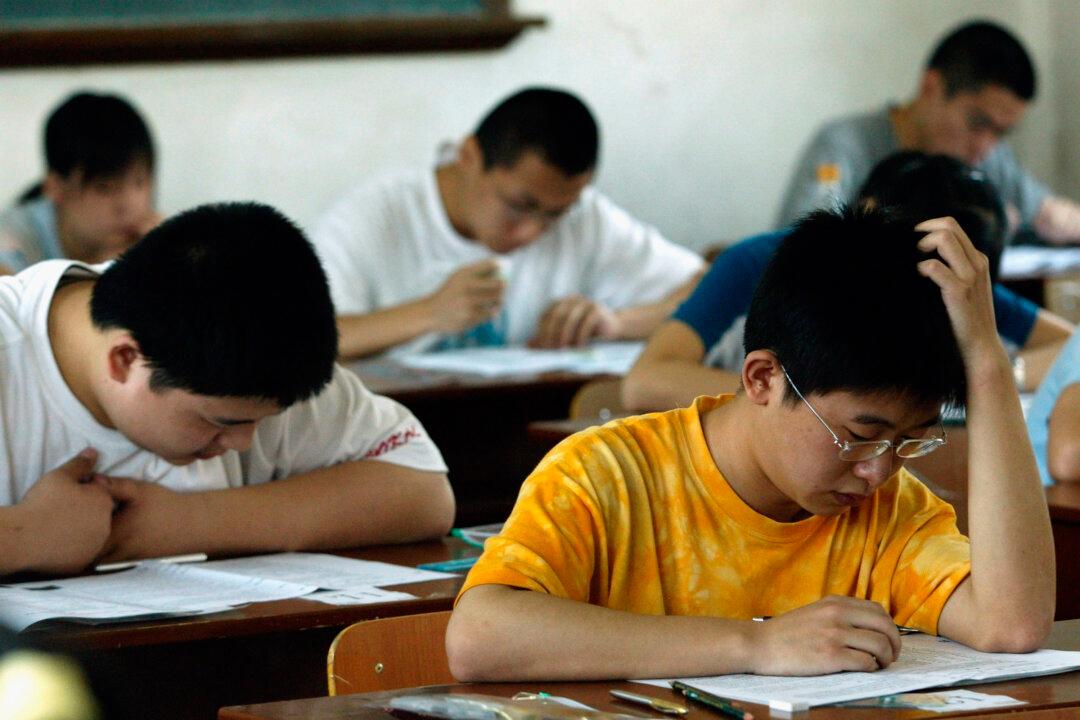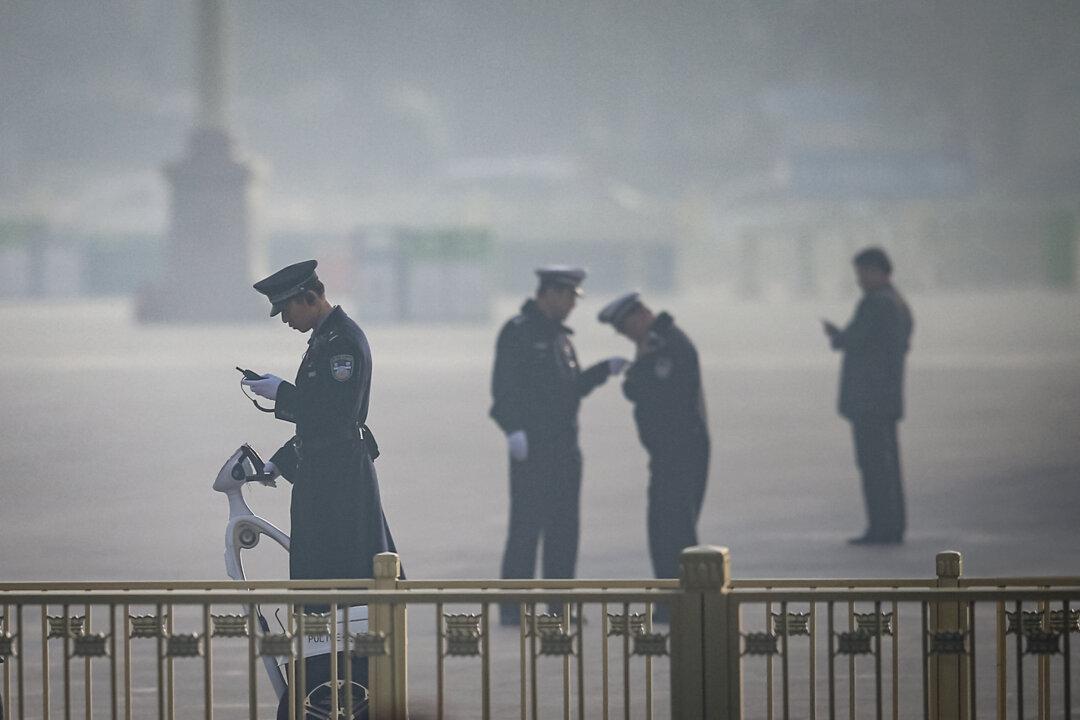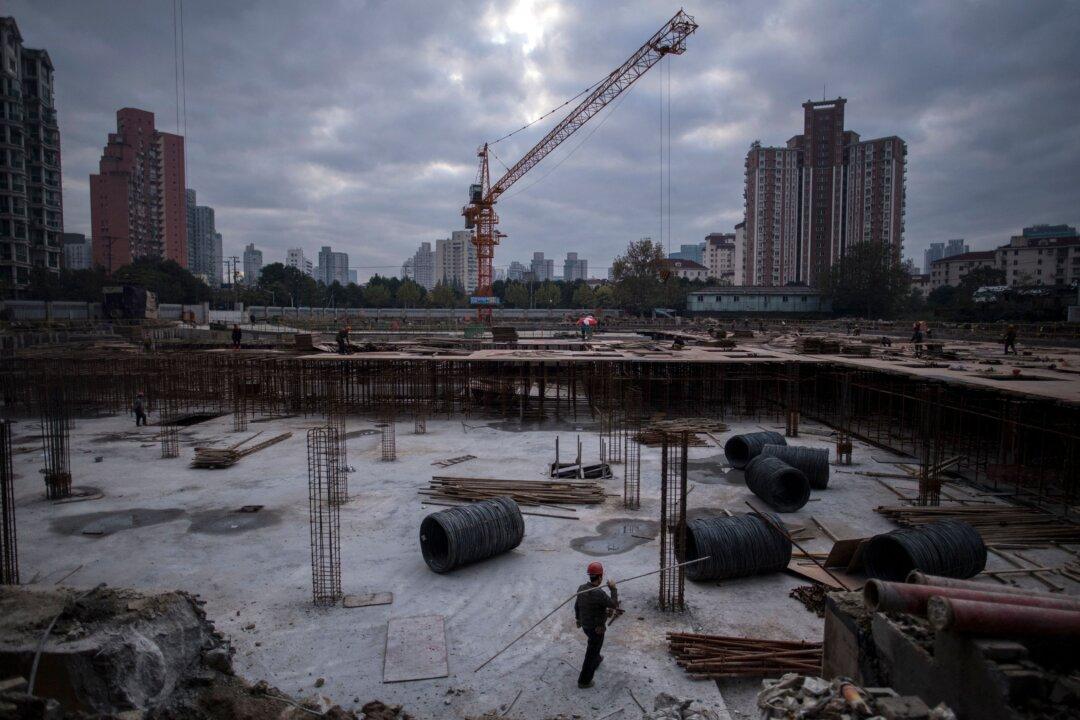News Analysis
On April 2, President Joe Biden and Chinese leader Xi Jinping suddenly held a 105-minute phone conversation where both sides elaborated on their respective positions on longstanding issues such as Taiwan, the South China Sea, North Korea, trade, etc. Analysts have noticed subtle bargaining in each side’s official statements.





